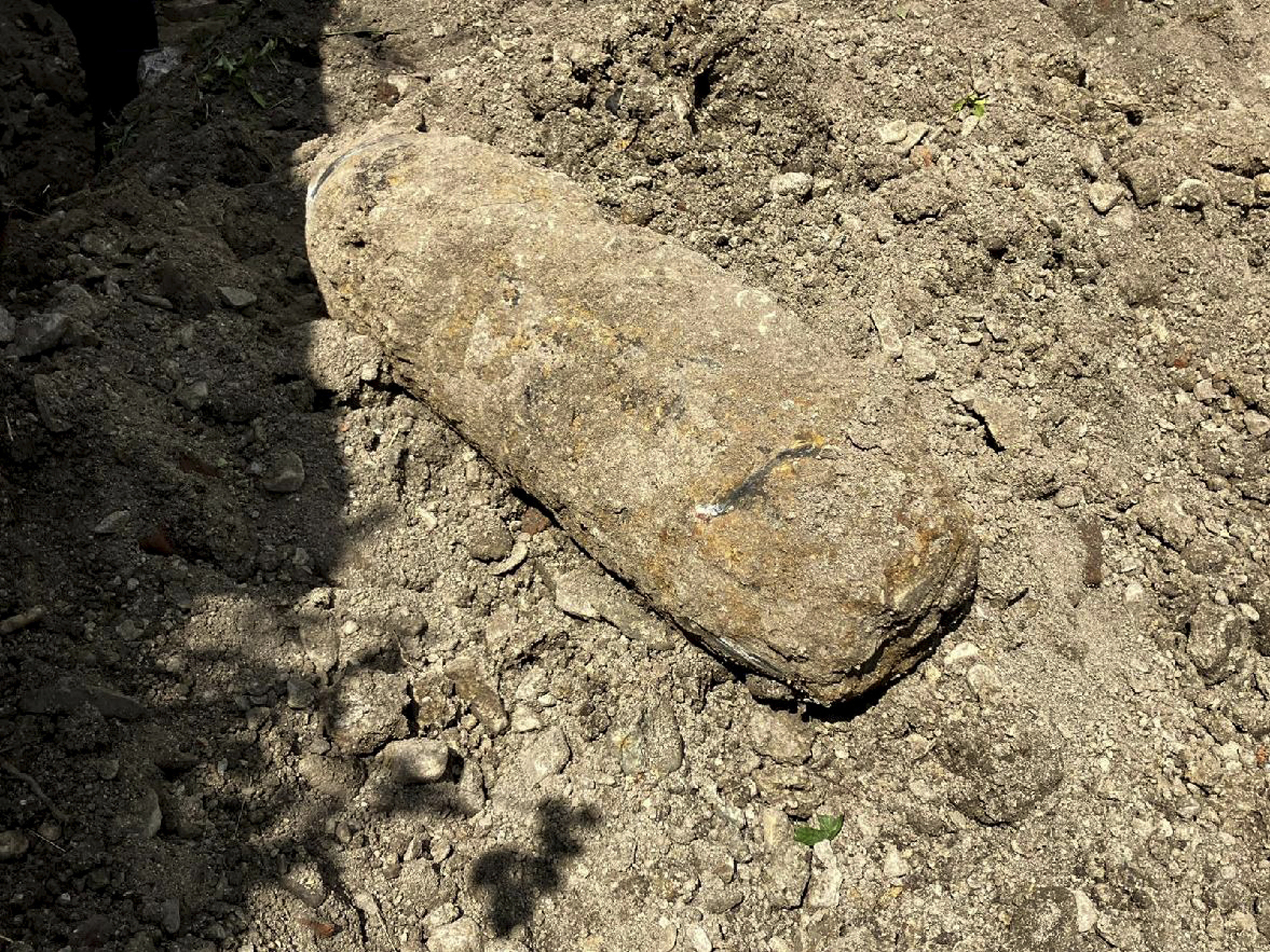World
World War II bomb found at huge chemical plant

Czech explosive experts detonated a World War II-era bomb on Friday at a major chemical plant in the northwestern Czech Republic.
Authorities confirmed the bomb was discovered during routine construction work on Aug. 21 at the facility, which belongs to the Polish oil company PKN Orlen.
582 people were evacuated at the scene.
The controlled explosion, though significant, resulted in minimal immediate damage, with only a few broken windows reported.
Buried deep within the plant grounds, the 550-pound bomb was equipped with a chemical apparatus intended to delay its detonation.
This mechanism—a rare and complex feature designed to detonate the bomb hours or even days after it was dropped—added an extra layer of difficulties.
Delayed-action bombs are particularly dangerous to defuse because they can be unstable and may detonate unexpectedly if disturbed.
Experts opted to neutralize the bomb on-site rather than attempt a potentially hazardous transportation.
Policie CR via AP
PKN Orlen have ceased operations until further notice.
“Taking into account the inherent risk of an uncontrolled explosion of a bomb, ORLEN Unipetrol RPA sro, in liaison with the Czech police, decided to immediately and preventively shut down all production and energy units located in the refinery part of the Litvinov production site and evacuate all noncritical personnel,” a representative said in a statement.
Hundreds of sandbags were used to cover the bomb, a precautionary measure designed to contain the blast and protect nearby structures.
All land within a 1.2 mile radius was cordoned off, and local roadways and tram services were suspended to ensure public safety.
These production and energy units will remain static until controlled explosive experts say so.

CTK via AP Images
Situated near the city of Litvinov, the chemical plant is built on land that was once part of Czechoslovakia and under Nazi German occupation during the war.
Hitler adopted it as a strategic asset for the Nazis, supplying essential fuel for their military operations. It was a frequent target of Allied bombing raids, particularly by the Royal Air Force.
The RAF’s campaign to disrupt Nazi fuel supplies was part of a broader strategy to weaken enemy forces and hasten the end of the war.
It is estimated that up to 10% of World War II explosives dropped by the Allies (France, Great Britain, Russia, Italy, Japan and later, the United States) failed to detonate.
After the war, Czechoslovakia was left with the daunting task of rebuilding its infrastructure, much of which had been damaged or destroyed during the conflict.
The presence of unexploded ordnance has been a persistent issue in the decades since, with bomb disposal teams regularly called upon to neutralize hidden threats.
This article includes reporting from The Associated Press.








